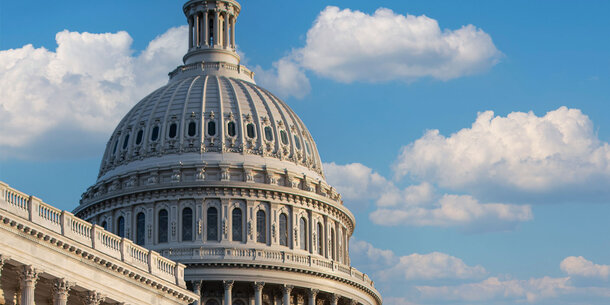The federal government has issued an unprecedented number of secret laws since 9/11 in the form of legal memos, agency rules, court opinions, and agreements with foreign governments. Issued without public scrutiny or input, these legal authorities set binding standards for government conduct and have far-reaching consequences for the lives and liberties of Americans.
Secret law exists across all branches of government. Brennan Center research found in 2016 that more than 70 Office of Legal Counsel opinions issued between 2002 and 2009 remained classified, including opinions on intelligence gathering and detention and interrogation of suspected terrorists. We also found that about 30 significant legal opinions of the Foreign Intelligence Surveillance Court, which approves mass surveillance programs, remained unpublished. And according to State Department documents obtained by the Brennan Center in litigation, the United States entered into more than 800 secret agreements with foreign nations between 2004 and 2014 — agreements that had the same legal force as treaties.
We have developed a set of recommendations for limiting the extent and impact of secret law. Pure legal analysis and opinions that purport to release the U.S. government from compliance with statutes must never be classified. In all other cases, the standards for classifying legal rules or interpretations should be raised, and an interagency panel — rather than a single official — should decide whether to classify a sensitive law. There should be a published index of secret laws containing certain basic information, and there should be firm limits for how long law may remain secret.







